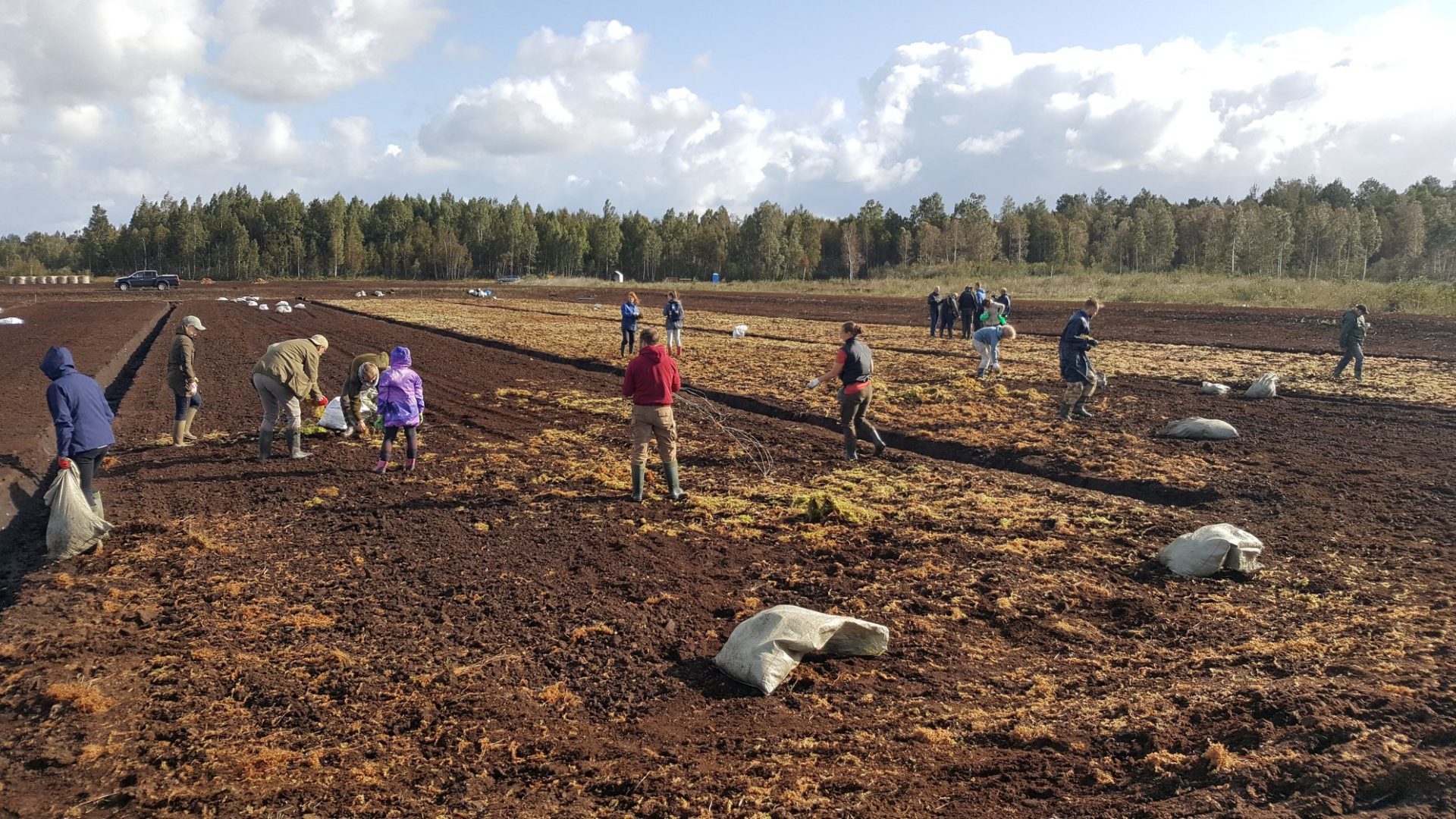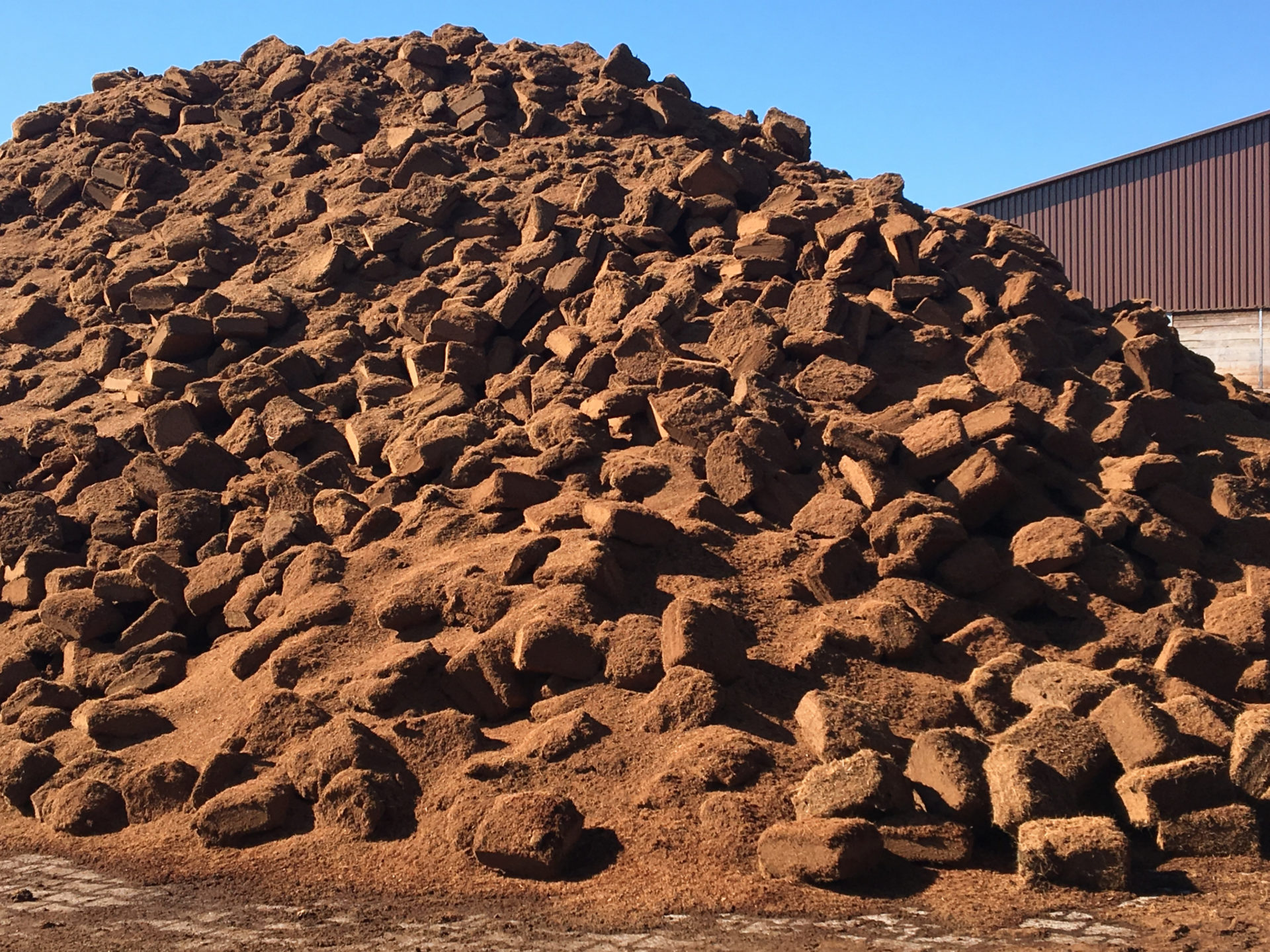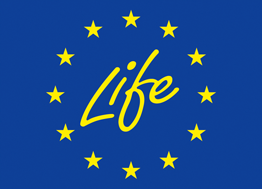A ROUND-TABLE DISCUSSION WITH THE PEAT INDUSTRY
On September 2, 2021 (14:00 CET), LIFE Peat Restore will co-host along with Eurosite an online panel discussion on the future of the peat industry, with a focus on how we can move beyond peat extraction. Peatland experts will discuss with industry representatives as well as national government and EU officials the challenges, conflicts and possible solutions to the phase out of peat use.
Peatlands cover less than 3% of the earth’s land surface, but they are believed to contain twice as much carbon as the world’s forests. The destruction of peatlands is responsible for 5 to 7 percent of global greenhouse gas emissions. That is more than all air traffic. Peat extraction devastates in only a few decades a carbon rich ecosystem that takes millennia to form. Healthy peatlands are vital to our lives. They afford us protection from floods and fires, as well as filter our water and keep our air clean. When degraded, they are capable of great harm, as they become a fire risk to communities, pollute our water and release significant amounts of carbon dioxide into the atmosphere.
The recent push for a just transition is making us question many economic activities that have been causing substantial and long lasting harm to the environment, biodiversity and climate. Over the last years the momentum has been growing, driven largely by consumers’ push for change. As the consequence of the climate crisis aggravates, the need to reconsider economic activities like peat extraction becomes undeniable.
But how do we phase out peat extraction without leaving people behind? What happens to the peat sector and the people whose work depends on it? How do we transition to a more sustainable practice, while keeping employment in the same region? Moreover, as one country phases out peat extraction, how do we prevent leakage of the climate and environmental impacts into other countries, which continue to export peat? These are some of the questions the panels will address.
The first panel will focus on the phase out of peat use from a policy perspective. Representatives of the government from peatland rich countries, like Estonia, and big peat importers, like Germany, will discuss with the European Commission representative and renowned peatland expert, the policy issues surrounding peatland phase out strategies.
- Reeli Sildnik, Advisor, Ministry of Environment of Estonia
- Rene Colditz, Policy officer, EC Clima Unit
- Hans Joosten, Peatland expert, Greifswald Mire Centre
- Thomas Schmidt, Head of Unit of Horticulture and Landscaping, Federal Food and Agriculture Ministry of Germany

The second panel will address potential ways forward for the peat industry from a practical perspective. The participation of representatives from the Latvian Peat Association and Growing Media Europe on the one hand, and representative of an environmental organisation along with companies committed to a future without peat extraction on the other, will ensure a lively discussion.
- Tom Kirschey, NABU
- Ingrida Krigere, Member of the Board, Latvian Peat Association
- Cecilia Luetgebrune, Secretary General, Growing Media Europe
- Mark McCorry, Bord Na Móna
- Neal Wright, Director of Micropropagation Services, Beadamoss®
Both panels will be chaired by Niall Ó Brolcháin, policy co-ordinator of Interreg’s Care Peat project. This event is supported by Interreg’s Care Peat, Carbon Connects and CANAPE. NABU is a member of the Global Pealtands Initiative.
All information about the event, including how to register, can be found here: Peatlands for Climate — moving beyond peat extraction – Eurosite
You are also cordially invited to submit your questions to the panellists by emailing us at: Antje.Trauboth@NABU.de



